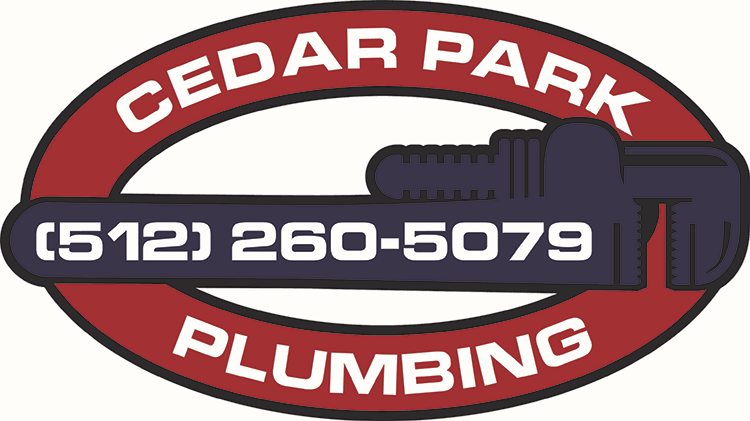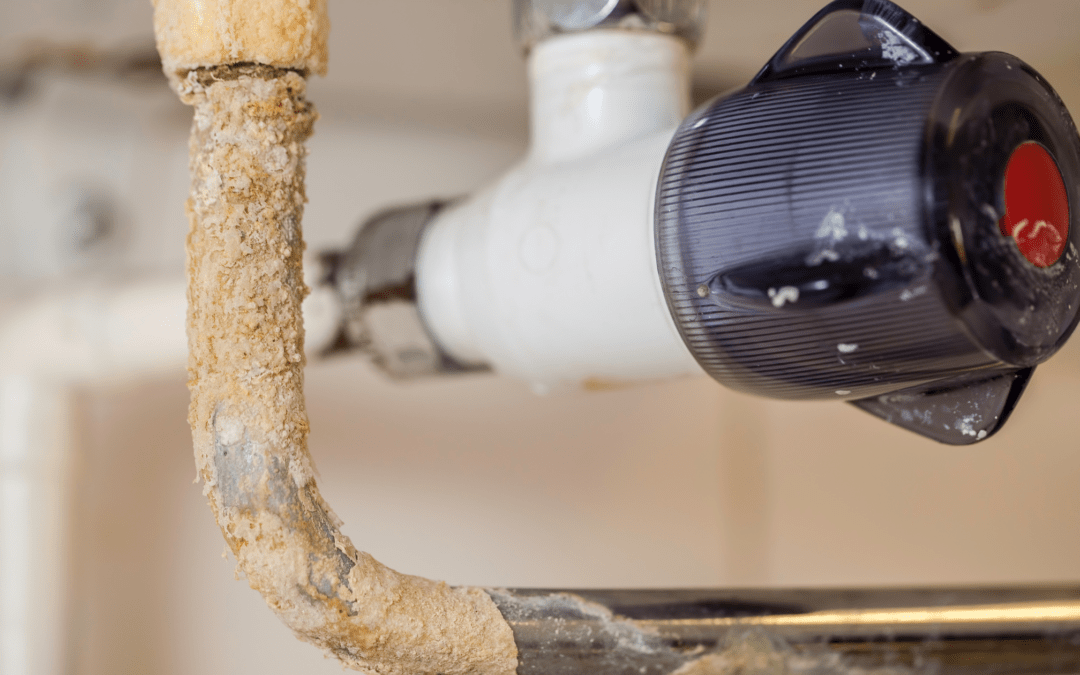Hard water is a common issue that many homeowners face, but its effects on your plumbing system can be significant. If left untreated, hard water can cause damage to your pipes over time, leading to costly repairs and potential health hazards. In this blog post, we will explore how long it takes for hard water to damage pipes and what you can do to prevent this from happening.
Understanding Hard Water and Its Impact
Hard water is characterized by high levels of minerals such as calcium and magnesium, which can build up inside your pipes over time. This buildup, known as limescale, can restrict the flow of water through your plumbing system and eventually lead to clogs and corrosion. The rate at which hard water causes damage to your pipes depends on several factors, including the hardness of the water in your area, the type of pipes in your home, and how well-maintained your plumbing system is.
Preventive Measures to Combat Hard Water Damage
In general, it can take anywhere from a few months to several years for hard water to cause noticeable damage to your pipes. However, if you have older or already corroded pipes, the effects of hard water may be accelerated. Signs that hard water is damaging your pipes include reduced water pressure, discolored or foul-smelling water, and leaks or burst pipes. If you notice any of these symptoms, it’s essential to address the issue promptly to prevent further damage.
Solutions for Treating Hard Water in Your Home
Preventing damage from hard water begins with installing a whole-house water softening system. These systems work by removing excess minerals from your water supply before they have a chance to build up in your plumbing system. Regular maintenance of your plumbing system, including flushing out your pipes periodically and addressing any leaks or clogs promptly, can also help prevent damage from hard water.
Additional Water Treatment Options
If you suspect that hard water is damaging your pipes or if you are experiencing any issues with your plumbing system, it’s essential to contact a professional plumber right away. A plumber can assess the extent of the damage and recommend the best course of action for repairing or replacing any affected pipes. By addressing the issue promptly, you can avoid costly repairs down the line and ensure that your plumbing system remains in good working order.
Conclusion
Hard water can have significant effects on your plumbing system if left untreated. While it may take some time for hard water to cause noticeable damage to your pipes, taking proactive steps such as installing a whole-house water softening system and maintaining your plumbing system regularly can help prevent issues from occurring. If you suspect that hard water is damaging your pipes or if you are experiencing any problems with your plumbing system, don’t hesitate to contact a professional plumber for assistance. By addressing the issue promptly, you can keep your pipes in good condition and avoid costly repairs in the future.

